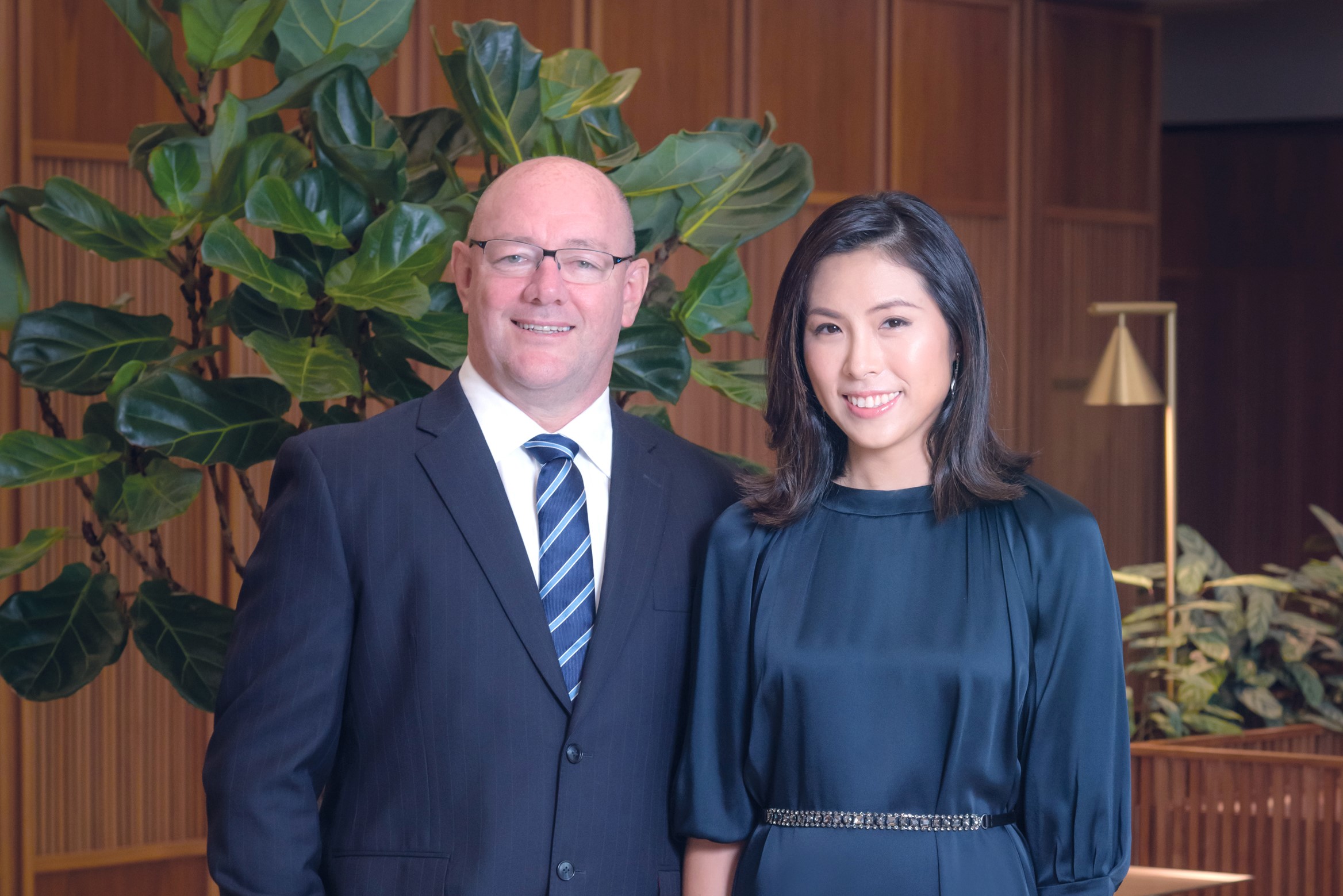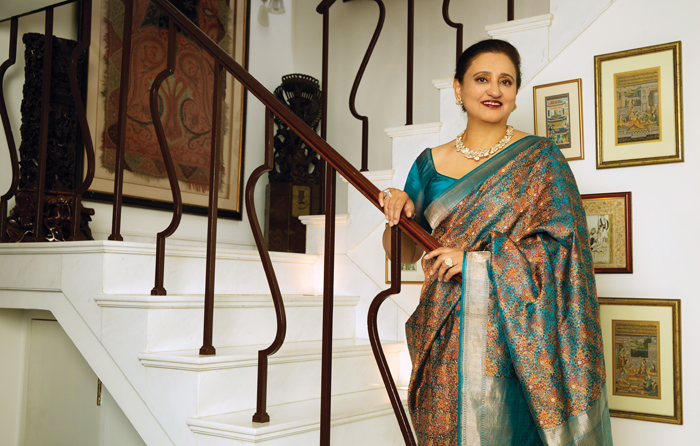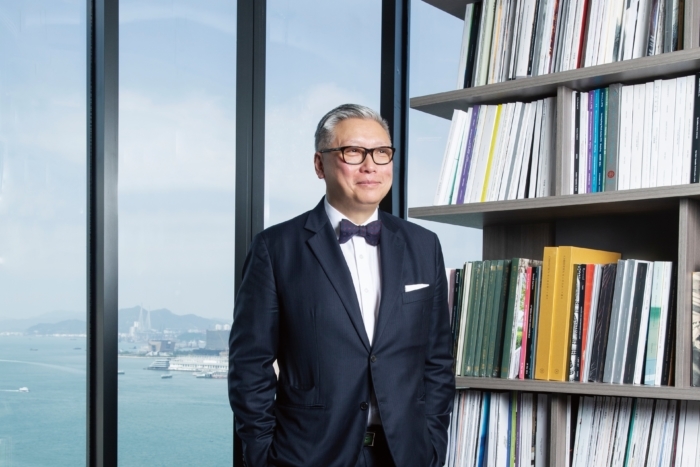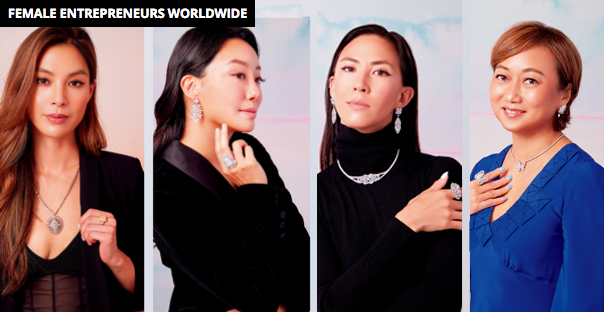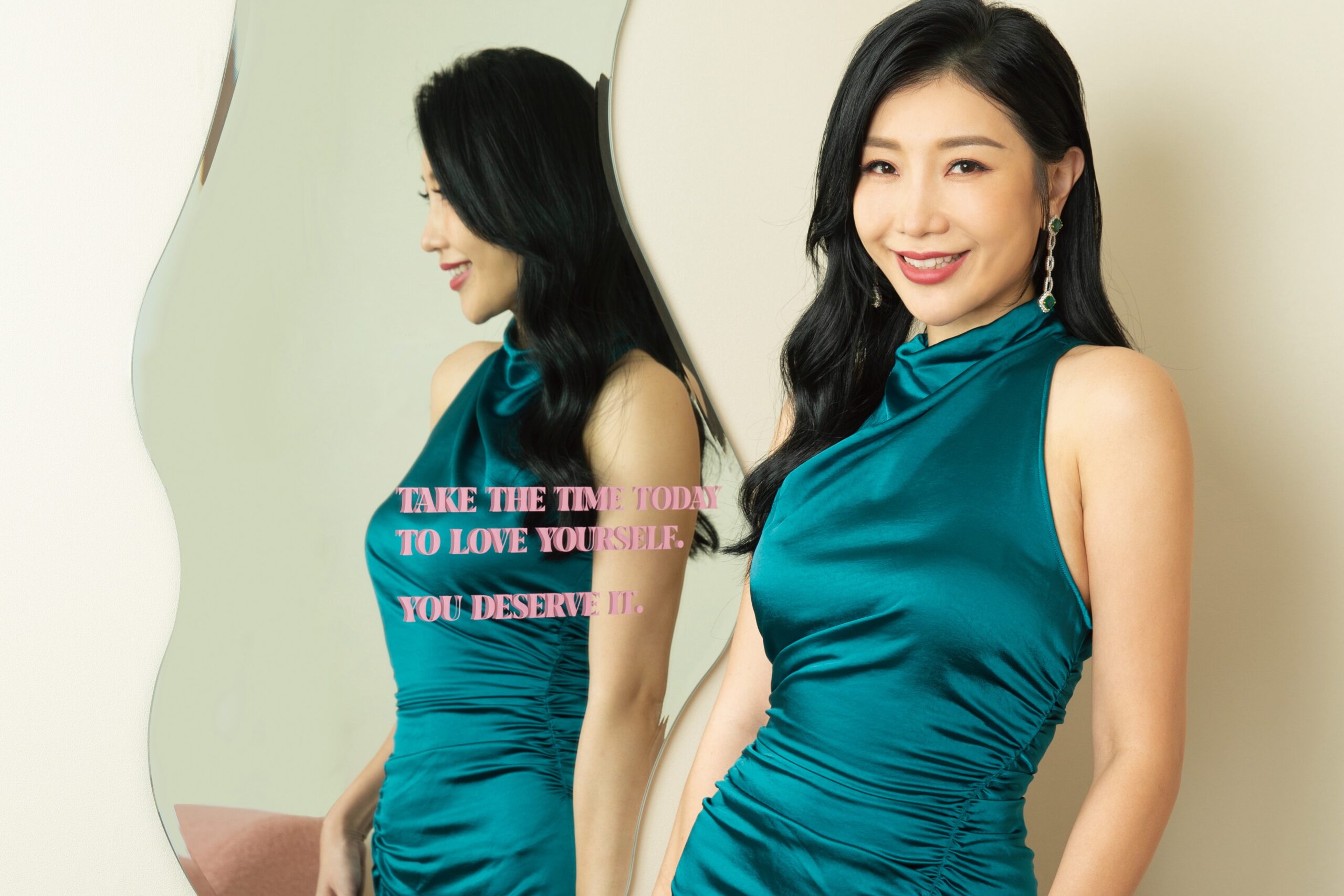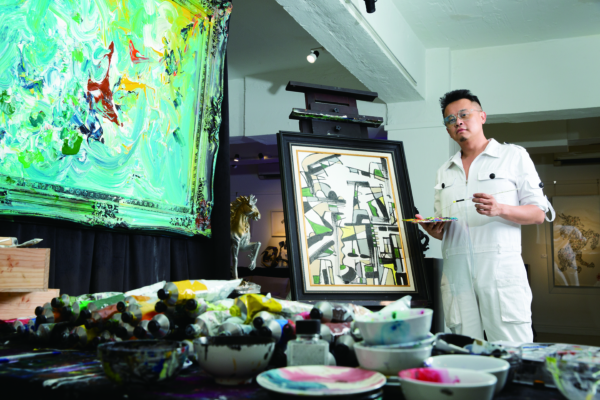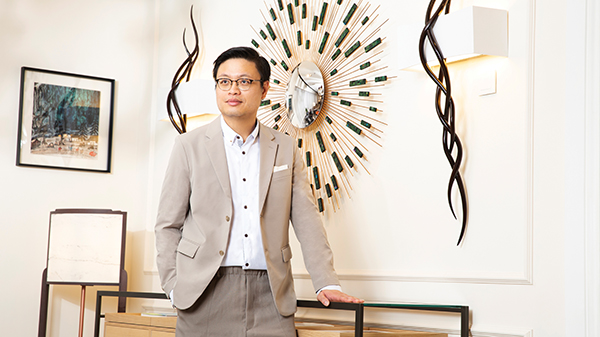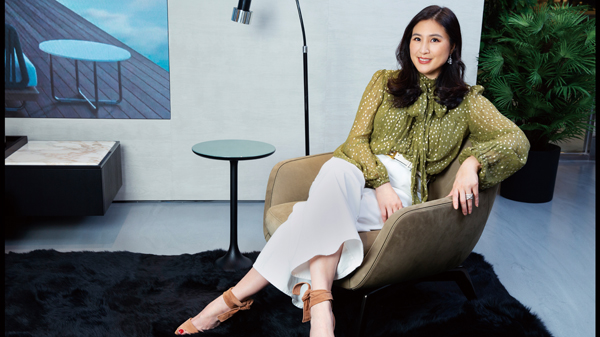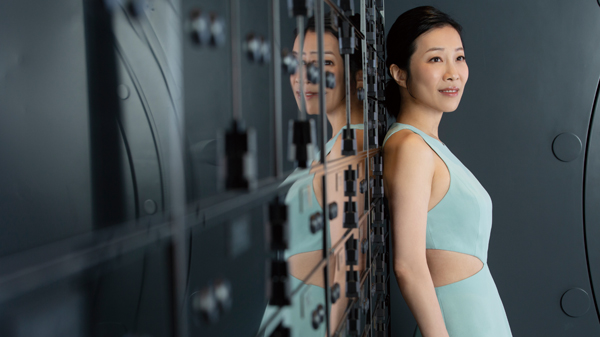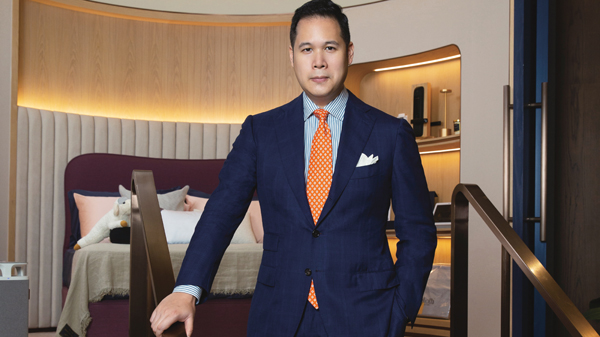 Brent York, Global Head of Trust and Fiduciary Services, and Ann Ling, Team Head of Wealth Planning (Hong Kong, Philippines and International Market), outline why HSBC Global Private Banking is the ideal choice for ultra-high net worth (UHNW) families looking to address global wealth planning issues and transgenerational prosperity.
Brent York, Global Head of Trust and Fiduciary Services, and Ann Ling, Team Head of Wealth Planning (Hong Kong, Philippines and International Market), outline why HSBC Global Private Banking is the ideal choice for ultra-high net worth (UHNW) families looking to address global wealth planning issues and transgenerational prosperity.
Wealth famously opens doors, extends options and allows you to make sure your family and loved ones are secure and taken care of in every eventuality. With great wealth, though, comes great responsibility. This has seen affluent individuals globally become ever more aware that not only do they have to successfully steward the wealth currently entrusted to them, but also have to put in place a succession plan to ensure the seamless transfer of a family’s wealth to the next generation.
One of the challenges that preoccupies many of today’s UHNW families is managing their wealth on a multi-territory, cross-border basis. Whether you decide to change your country of residence, look to work in a new territory or simply shift your asset base to enjoy the preferential financial regimes offered by different jurisdictions, it is never a simple matter. Any such change inevitably entails dealing with complex legal, tax and regulatory issues, and many other considerations. HSBC Global Private Banking has unparalleled experience when it comes to handling such issues and advise clients on the implications of various choices for tax and estate efficiency.
Expanding on the emerging trends in the cross-border wealth management sector, Brent York says: “The changing nature of many family businesses, as well as the global scope of investments, has obliged almost every UHNW family to look at things from a global perspective.
“As a consequence, cross-border planning is now at the heart of wealth planning strategy for most UHNW families, whether with regard to family members’ relocation, overseas business interests or investment.”
Family Wealth and Forward Planning
Given its 157 years of heritage in Asia, HSBC is aware of the vital role family businesses play in creating wealth and the challenge of finding the right strategy to solidify the foundations of the family business and support the longevity of family wealth. While it could be that ownership and control of any such business are transferred to the next generation, it is equally possible that the company is positioned for acquisition or merger.
Outlining how they can assist with an effective transition strategy, York says: “Our wealth planning advisers and family governance teams explore and evaluate all possible options, factoring in any preferences relating to the holding or disposal of particular assets and the need to sustain any philanthropic commitments. We also recommend a degree of flexibility, allowing any changes in circumstance or altered priorities to be swiftly incorporated.”
One thing they always look to stress is the primacy of effective communication between all family members and other stakeholders, particularly with regard to succession planning.
Expanding on how this should be conducted, Ann Ling says “Poor communication not only represents a risk to the success of the family business, it also endangers family relationships. Any transition process, regardless of whether it relates to a business exit or business succession, should include the generations and family branches that might be affected by the plan. It’s important to be able to talk openly and honestly. There can, however, be a particular challenge when addressing issues of a highly emotional nature. This is why families sometimes need to involve third-party professionals to facilitate the conversation. Our team can help families in the communication phase and build the right structure, we can also help to develop a strong governance system that better aligns with family values and goals.”
Flexible Solutions for Fluid Situations
Over recent years, the very concept of “family” has been re-evaluated and rethought, and HSBC Global Private Banking is committed to keeping its staff and services aligned with these changing norms. Diving deeper into the specifics, York says, “Our estate and wealth planning solutions, can be specifically tailored to the needs of the LGBTQ+ community. We also have formulated and implemented strategies geared to ensuring those with special needs or disabilities enjoy a high standard of care and support long after their closest family members have passed on.”
Citing examples of providing a particular benefit, Ling says: “Children of same-sex marriages may only be biologically related to one parent, so their future prosperity may need to be outlined as part of a trust agreement. This can guarantee that they are always well cared for no matter how much their circumstances may change.”
Future-Facing and Tradition-Minded
HSBC Global Private Banking has enhanced its traditional face-to-face services with a new range of digital options. Recognising the importance of a hybrid service model, York maintains that, over the next 10 years, digital channels will come to play a significant role in sustaining long-term client relationships, while facilitating prompt and easily accessible service regardless of geographical location.
Providing an update on the bank’s most recent digital advances, he says: “We’ve recently upgraded our core trust administration platform, allowing us to cut the time taken to action distributions by some 50%. We’ve also introduced a secure communication platform that allows clients to communicate and send documents to their Trust Relationship Managers using WeChat and WhatsApp. Above all, though, while we are committed to being future-facing, we will also always continue to offer our traditionally high-quality range of in-person services.”
With over 75 years of working with some of the world’s wealthiest families at its 41 sites globally, HSBC Global Private Banking is at a forefront of trust management and succession planning.
The information contained in this article has not been reviewed in light of your individual circumstances and is for information purposes only. It does not purport to provide legal, taxation or other advice and should not be taken as such. No client or other reader should act or refrain from acting on the basis of the content of this article without seeking specific professional advice.
Issued by The Hongkong and Shanghai Banking Corporation Limited and HSBC Trustee (Hong Kong) Limited.



